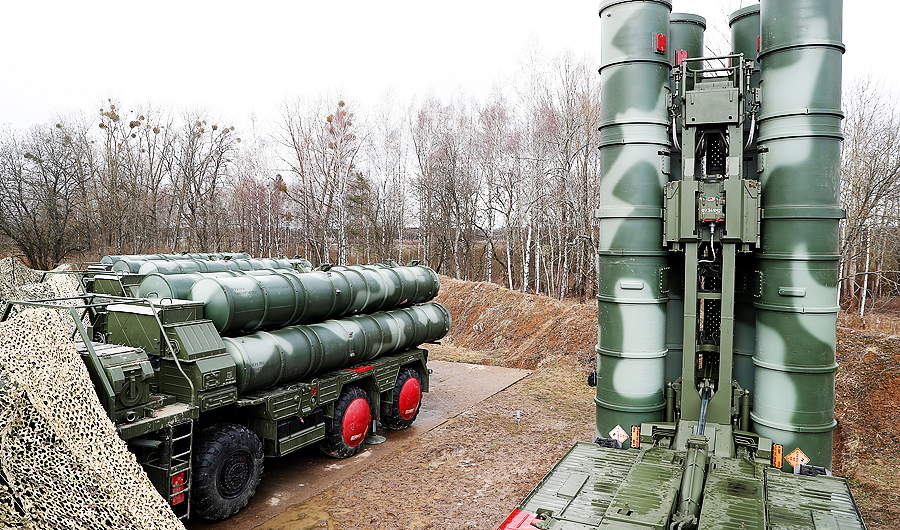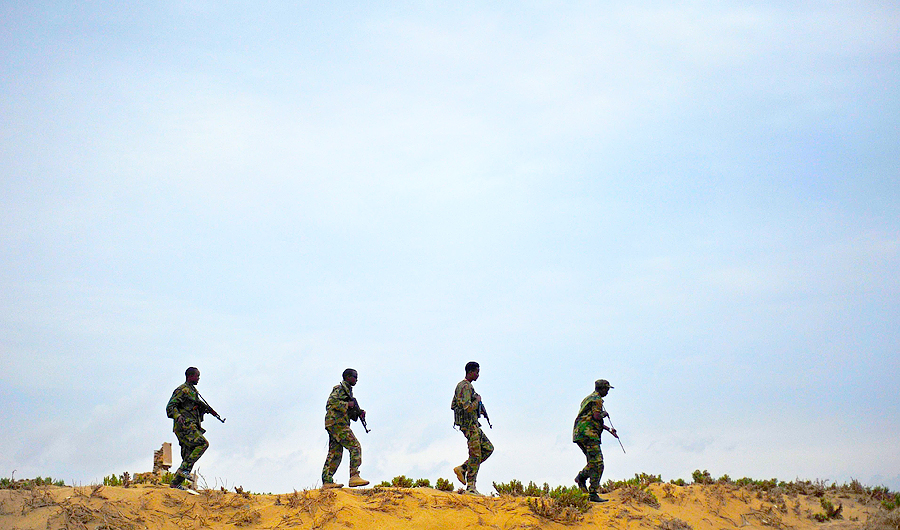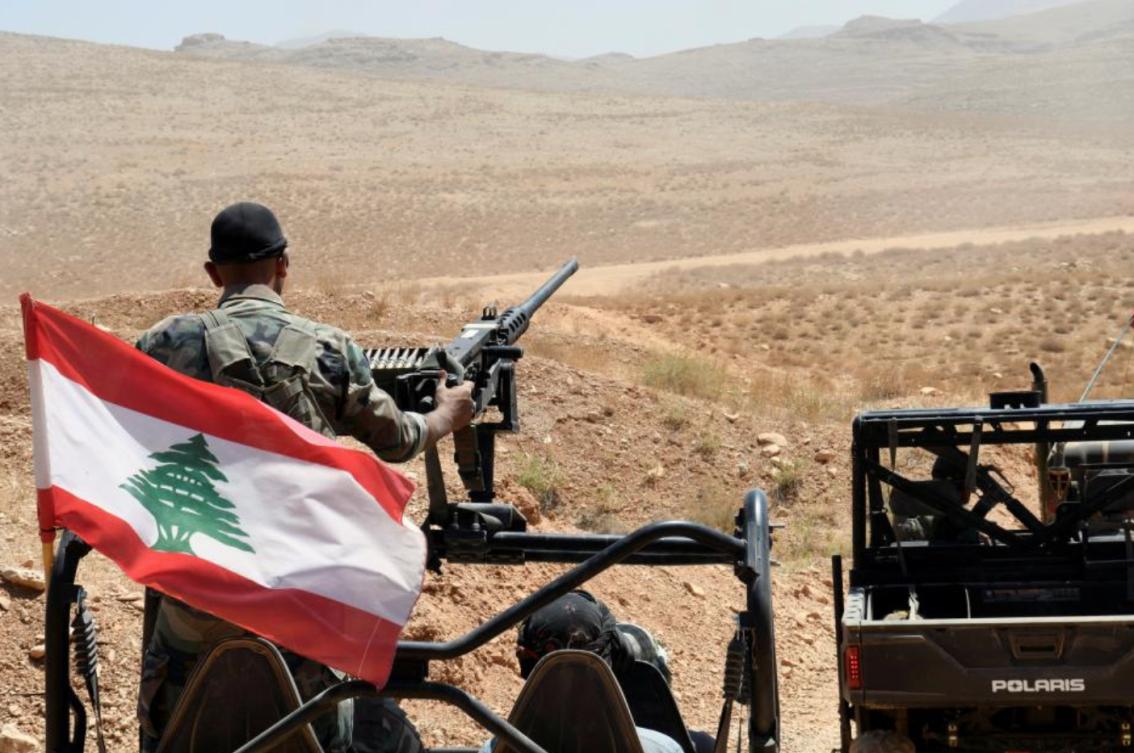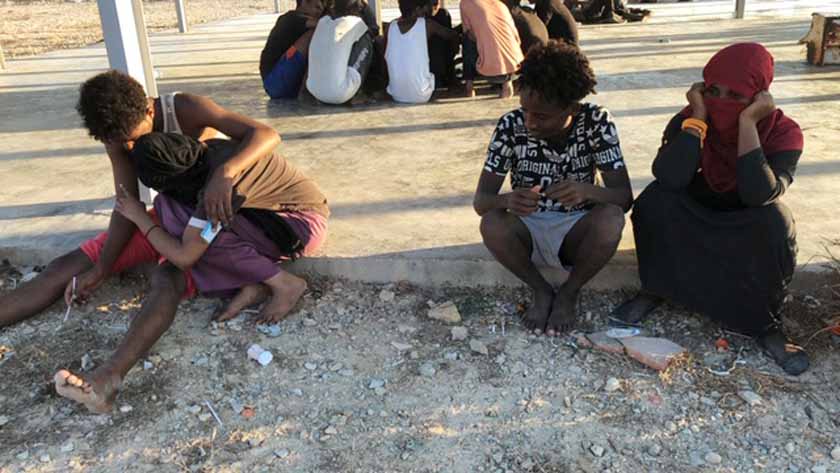Amid S-400 crisis, France deploys missile defense battery to Turkey
ANKARA: France will deploy a French–Italian Eurosam consortium’s SAMP/T missile defense battery along Turkey’s fragile southern border, Turkish military officials announced on Thursday, even as the deployment of the Russian S-400 defense systems’ hardware to Ankara continues.
In the meantime, Turkey sent commando forces to the Syria border on Thursday after warnings that it would launch a new cross-border operation if a deal was not reached with Washington about northern Syria.
Ankara has been conducting talks with Eurosam over the purchase of SAMP/T for a decade and it granted Eurosam an 18-month contract for studying the feasibility of the joint production.
Dr. Nilsu Goren, research fellow at the Center for International and Security Studies (CISSM) in Maryland, said the French decision to deploy a SAMP/T in Turkey is not surprising, and it seems to have been formulated as a NATO force generation response to the recent attacks on Turkish cities along the Syrian border.
“Other NATO air defense assets, including an Italian SAMP/T battery, have been deployed in Turkey throughout the conflict,” she told Arab News.
“According to Turkish officials, the S-400 air defense system will be ‘standalone,’ meaning that it would not be interoperable with any NATO assets, including the French SAMP/T,” Goren said.
To deter aerial threats arising from the region, Turkey will need to continue to work on creating a layered, network-based national air and missile defense system that is interoperable with its NATO assets, Goren said.
Serhat Guvenc, professor of international relations from Istanbul’s Kadir Has University, said the political meaning of French decision is far greater than its military aspect as this decision is an unprecedented move and is a huge political change on the part of France.
“Since the 1990s, various NATO countries such as Germany, Holland, Italy, Spain and the US have been deploying and operating aerial defense missiles to Turkey’s southern border, but this is the first time that France has done it,” he told Arab News, saying that this decision also contradicts the widespread belief that Turkey and France compete with each other on the Eastern Mediterranean.
For Guvenc, this decision can be taken as a symbol of France’s commitment to Turkey’s security and its show of solidarity with Turkey.
“France, which may not be considered as a traditional ally for Turkey in NATO, is willing to show that Turkey is not alone and therefore this move is meant to address the country’s concrete security problems and its fear of abandonment in the Alliance, which was presented as Ankara’s pretext for purchasing S-400 from Moscow,” Guvenc said.
Once S-400 missile system will be activated — not expected to be before April 2020 — French batteries will not be compatible with them.
Experts note that these batteries are mostly deployed for a duration of 6 months to one year, and this term is extended each time.
Therefore, in the event of S-400 activation, the term of Eurosam’s batteries may not be extended for the second time because of the lack of interoperability.
Eurosam’s SAMP/T is a new generation mobile, anti-aircraft defense weapon for protecting sensitive areas against lone missiles.
With a range exceeding 100 km, it aims to meet medium and long-range air defense requirements against conflicts unfolding along its borders with Syria and Iraq.

Turkey will retaliate if US imposes sanctions over S-400sRussia delivers more S-400 air defense equipment to Turkey



